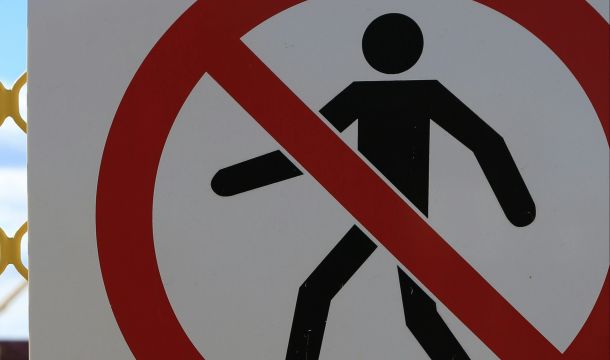PRESIDENT OBAMA’S UNILATERAL IMMIGRATION PLAN CREATES A CONFRONTATION WITH CONGRESS
On November 20, 2014, President Obama in an address to the nation announced his immigration plans to defer deportation for as many as 5 million immigrants in the country illegally. He announced that his unilateral action is necessary because the Republican-led House of Representatives has failed to pass a Senate-approved immigration plan for more than a year. The President noted the contributions that immigrants make to the nation and said it would be unrealistic to deport all 11 million illegal immigrants. The Administration says it has legal authority to exercise "prosecutorial discretion" by allowing illegal immigrants to remain in the country and work by "deferring action" on their status.
The program would allow a chance for work permits and a reprieve from deportation to illegal immigrants who have been in the U.S. at least five years and who have children who are citizens or legal permanent residents. The plan also expands the previous program to young people brought to the U.S. as children by eliminating the age cap and moving the date of entry to the U.S. from 2007 to 2010. The anticipated implementation date of this deferred action program is approximately six months.
Strategists on both sides of the political spectrum debate the wisdom of the actions. In a CNN/ORC poll released November 26, 2014, 26% of those surveyed said Obama went too far, half said he got it right, and 22% said he should have gone further. However, in the same survey 56% said he should not have expanded the protection unilaterally without giving Congress a say in shaping the program. A Wall Street Journal-NBC News Poll found just 38% supported the President’s unilateral action even though there was broad support for a path to citizenship for unauthorized immigrants, while 48% said they oppose the unilateral action. Some commentators said unilateral action, even if appropriate, is counter to the national mood desiring some sort of reconciliation.
Republicans appear uncertain and divided on how to react to the President’s unilateral action. Options include trying to block funding for the unilateral measures, filing a lawsuit against the measures, and advancing their own immigration measures in Congress. On November 21, 2014, the House Republicans filed a long-threatened lawsuit against the Administration over unilateral actions on the healthcare law, as a abuse of the President’s executive authority, and the immigration issue might be added to this litigation.
Traditionally the courts are reluctant to intervene in political disputes between Congress and the President, and there is some precedent for the President’s unilateral action on immigration, although not on the current scale. The deportation system has recently been overburdened with thousands of children from Central America entering the U.S. illegally in an attempt to reunite with family or otherwise escaping violence and poverty.
There is much speculation as to the effect of the executive action once it is implemented. Some think only about half of those eligible will seek permits, because the unilateral executive action can be undone in the future and the illegals may fear future prosecution. Others feel that with work permits, illegal immigrants may seek higher-paying work in different industries. The action may also result in more competition for existing jobs.
Of particular concern is the impact of the President’s unilateral action on the ability to bring about Congressional immigration reforms, as well as other reforms needed for the guest worker and highly-skilled worker programs.
Related Content
Get Email Updates
Recent Content

TPS Update (as of 9/3/2025)

DOL To Shut Down OFCCP and Transfer Duties to EEOC

Meaning of Supreme Court Ruling Limiting Nationwide Injunctions in Birthright Case

In Spite of Adminstration Changes, Monitoring of the Workplace Continues to Create Legal Issues

The Importance of Corporate Culture
